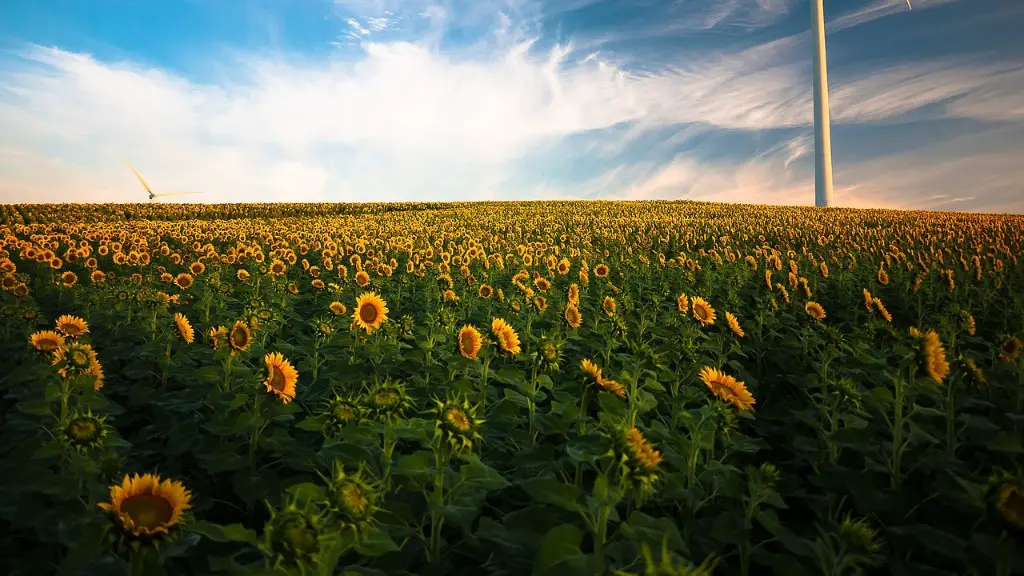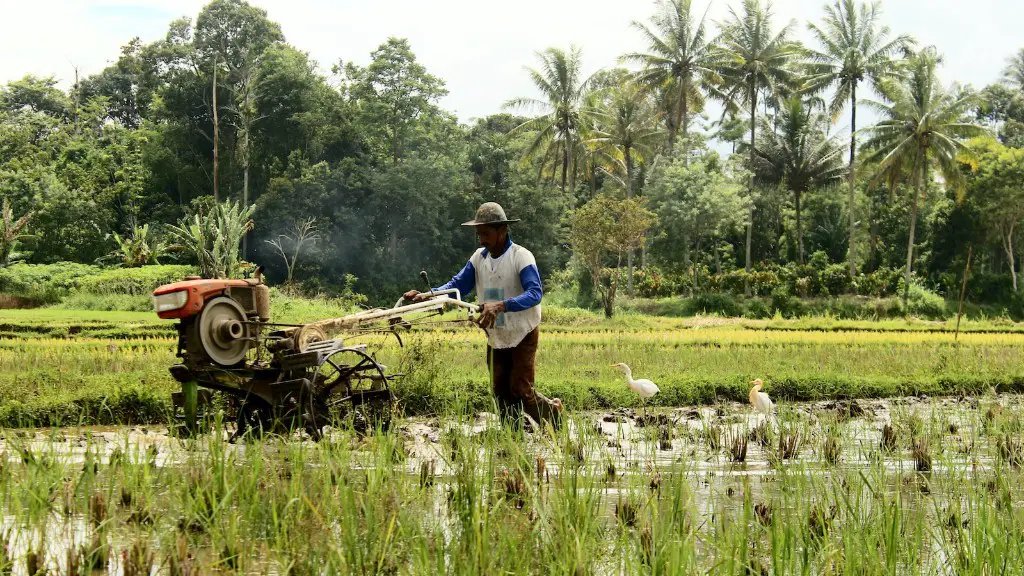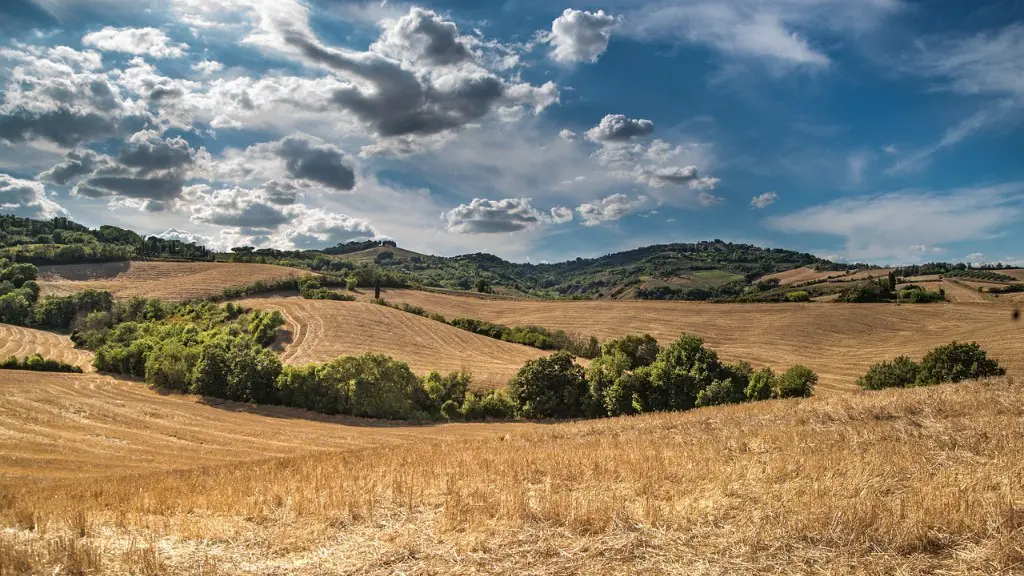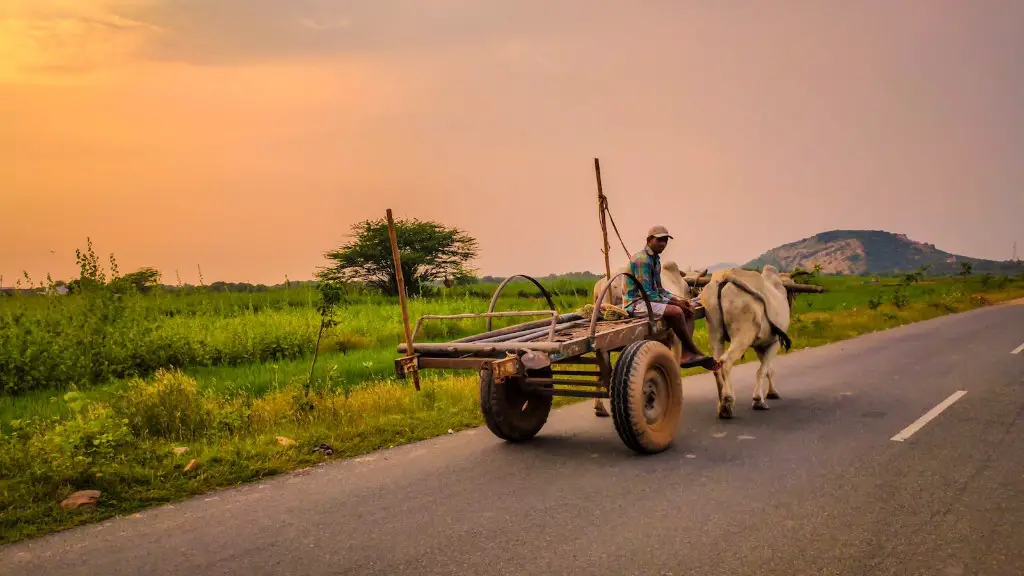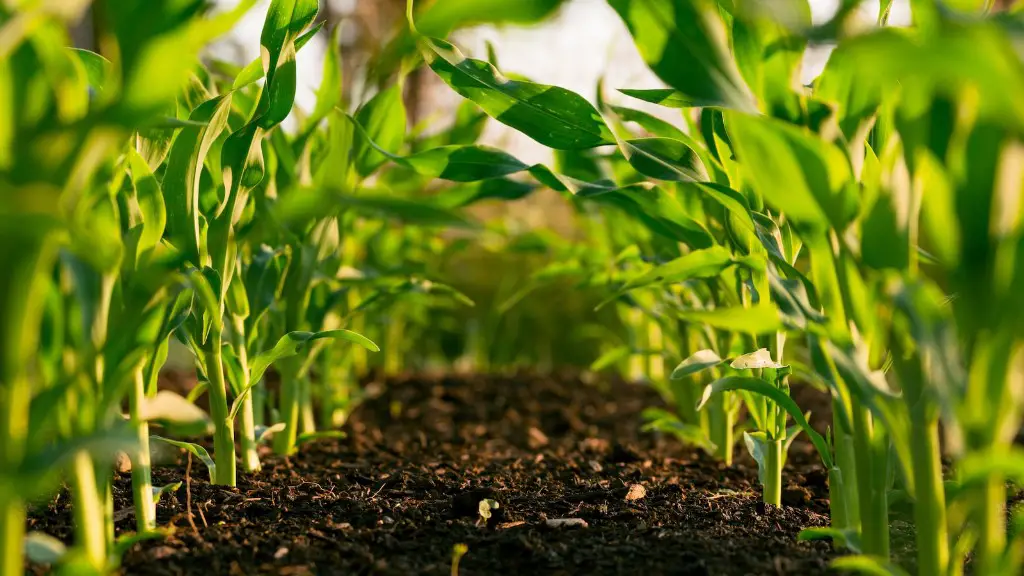Sustainable agriculture is a collection of farming strategies and practices that aim to maximize production while preserving the land and environment for use by future generations. It’s an approach that incorporates the principles of ecology, economics, and social justice into the decision-making process of farmers and other stakeholders. The best definition of sustainable agriculture is the use of farming methods that are based on a deep understanding of complex biological, economic and social systems. These methods need to be flexible and responsive to changing needs of the grower, local community, and the global environment in order to generate long-term, profitable and ecological yields.
In essence, sustainable agriculture means meeting the needs of people now, without compromising the ability of future generations to meet their needs. This involves integrating environmental health, economic profitability, and social and economic justice into the decision-making processes farmers use. Sustainable agricultural practices often combine traditional and modern techniques, including developing crop varieties and animal breeds suitable for the unique growing environment, increasing efficient water management, soil conservation and renewable energy production, and other practices that conserve natural resources.
Sustainable agriculture combines the use of farming processes, practices, and technologies that increase or maintain the productivity of an agricultural system while protecting the environment and meeting the needs of farmers and consumers. This includes reducing input costs, increasing resource efficiency, improving natural resource management, cutting down risk management and increasing financial stability of agricultural operations. It also encompasses activities beyond the farm, such as developing local and regional food systems, product diversification, energy efficiency and waste minimization.
Sustainable agriculture also involves management and conservation of the natural resources that are essential for supporting that agricultural system. This includes soil fertility, water, land and air quality, nutrients, wildlife and biodiversity. Furthermore, it stresses on the fact that these resources are finite, and harvesting them faster than they regenerate can lead to problems in the future. Finally, it includes a focus on the social and cultural aspects of farming, and how these can be preserved and nurtured.
Organic Farming
Organic farming refers to food production practices that are based on the principle of avoiding chemical inputs that could harm the environment, health and biodiversity. It focuses on using practices like crop rotation and composting to boost soil fertility and promote biodiversity. Organic farming never involves the use of synthetic chemical inputs like mineral fertilizers or synthetic pesticides. It also prohibits the use of genetic engineering or animal cloning.
Organic agriculture is about much more than just avoiding chemicals. It is a comprehensive approach that involves managing the entire natural system based on ecological principles.Organic farmers strive to promote a healthy and balanced environment, minimize soil degradation, and maximize biological diversity.The ultimate goal is to ensure that the soil and the living environment are suitable for a secure and economically viable production system.
Organic farming often includes other forms of sustainable farming practices, such as agroecology, agroforestry, permaculture, and integrated pest management.Organic farmers also utilize natural systems of crop rotation and intercropping to promote sustainable soil management and increase yields.
Organic farming can also involve the use of natural inputs such as compost, green manures, mineral rock dusts and other organic amendments to promote soil fertility and plant health.Finally, organic farms must develop a written plan that outlines how they’ll achieve their goals of producing safe and healthy food while protecting the environment.
Integrated Pest Management
Integrated pest management (IPM) is an approach to agricultural production that minimizes the use of synthetic chemicals and increases the use of ecological controls. It integrates multiple pest management tactics and works with natural processes to reduce the need for chemical and other inputs. This approach helps to reduce crop damage and increases economic and environmental sustainability. IPM aims to maximize long-term yields, while minimizing the risks associated with chemical inputs.
IPM involves multiple steps, including pest identification, monitoring, using preventive techniques, and applying a variety of control techniques such as biological, physical and medical controls.The ultimate goal is to prevent or reduce pests while protecting the environment and human health. IPM also includes the use of natural enemies of pests and beneficial organisms to reduce pest populations and improve yields.
Integrated pest management also includes the use of cultural practices, such as crop rotation,manual weeding and use of physical barriers, to reduce pest populations. Another important component of IPM is IPM-based decision-making, which helps farmers to make informed decisions and take preventative measures before problems arise.Finally, IPM requires farmers to monitor crop conditions and take appropriate actions in order to minimize pest problems and maximize yields.
Conservation Agriculture
Conservation agriculture is a set of sustainable farming practices that strive to improve soil health and fertility by minimizing soil disturbance and preserving soil organic matter. It includes practices such as minimal tillage, crop rotation and intercropping, cover cropping, permanent soil cover, and use of crop residues. Conservation agriculture can result in improved water retention,moisture control, and better nutrient cycling in soils. It can also help to control weeds, pests and diseases in crop production.
Conservation agriculture also emphasizes the importance of diverse crop rotations, and encourages the use of legumes and cover crops in crop rotations to increase biological activity in the soil, increase organic matter and improve soil fertility. Conservation agriculture also encourages the use of mulches and cover crops to increase soil cover and reduce runoff. In addition, conservation agriculture reduces the need for and usage of synthetic inputs such as fertilizers and pesticides, and can reduce fuel expenses by reducing the need for tillage.
Conservation agriculture also integrates and promotes sustainable production techniques such as precision agriculture and agroforestry. The integration of multiple sustainable farming practices and techniques helps to reduce environmental impacts while increasing crop productivity and profitability.By implementing conservation agriculture, farmers can achieve sustainable, cost-effective farming operations that don’t compromise the health of the environment and their communities.
Agroecology
Agroecology is a science-based approach to sustainable agriculture that involves the holistic study of land management practices and natural ecosystem processes. It seeks to understand how ecosystems work and how they can be used to sustainably increase production, protect biodiversity and provide ecosystem services. Agroecology integrates knowledge from multiple disciplines, such as ecology, biology, physics and economics. It focuses on the interaction between humans and their environment and the social, natural and human capital available to sustain crop production.
Agroecology seeks to reduce dependence on chemical inputs, reduce natural resource waste and increase the health of agricultural ecosystems. By understanding the principles of agroecology, farmers can use systems-based thinking to identify and address complex problems and make sound, informed decisions about land management.Agroecology also takes into account ecological processes such as plant-microbial-invertebrate interactions, soil health, flooding, pest dynamics, and climate change.
Agroecology emphasizes the importance of integrating natural processes into the management of agricultural systems.These methods include using ecological principles to manage the use of resources, rotation of crops and sustainable pest management, using crop residues and green manures to increase soil fertility, and using animal manure to reduce fertilizer inputs.Agroecology is a science-based approach to sustainable agriculture that seeks to promote the health of the environment, agricultural systems and communities.
Precision Agriculture
Precision agriculture is an increasingly popular data-driven approach to agriculture that allows farmers to use data from sensors, geo-referenced satellite images, remote sensing and other technologies to better understand and manage their crops. It is a technology-based approach to farming that enables farmers to make informed and efficient decisions. This approach helps to promote conservation and efficient management of resources such as water, pesticides and fertilizers.
Precision agriculture allows farmers to understand their land and crops in new ways, enabling them to make informed decisions about their use of resources. It also enables them to increase production and reduce costs. The data collected through precision farming can be used to create management practices that promote crop health, improve yield and reduce environmental impacts. By using precision agriculture, farmers can increase their profits while protecting the environment and their communities.
Precision agriculture allows farmers to collect data in real-time and use it to make decisions and adjust their management practices accordingly. It also enables farmers to maximize input efficiency, reduce soil compaction and erosion, reduce weed, pest and disease problems and promote more efficient use of water, fertilizers and pesticides.
In addition, precision agriculture can help farmers generate more efficient and sustainable farming operations that protect and promote the health of the environment and their communities. By utilizing the science of precision agriculture, farmers can overcome many of the challenges that have limited their productivity and profitability in the past.
